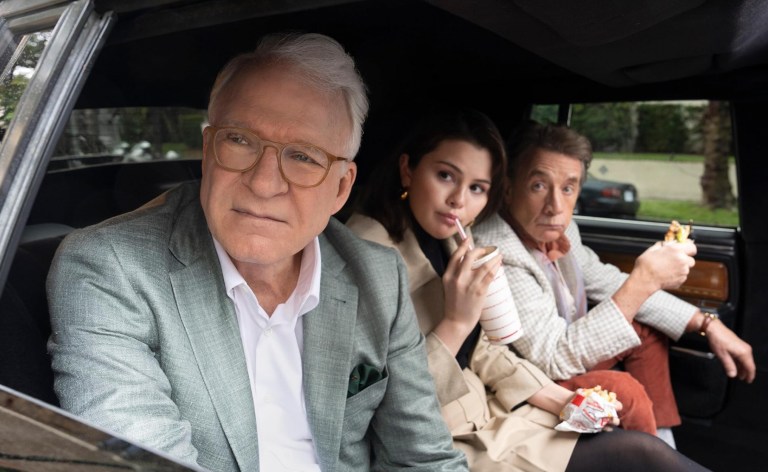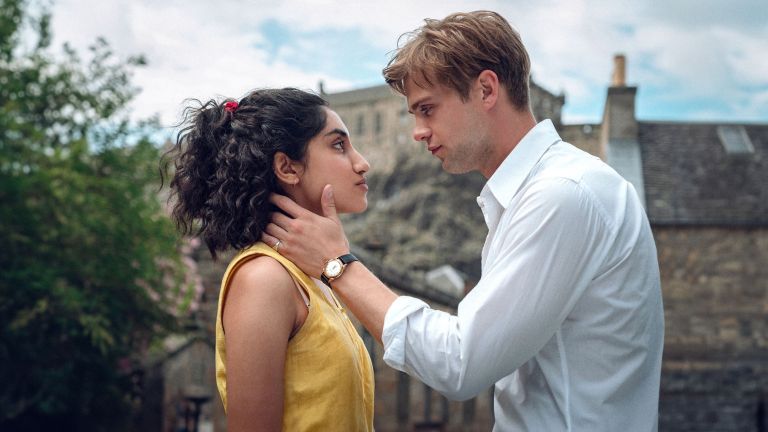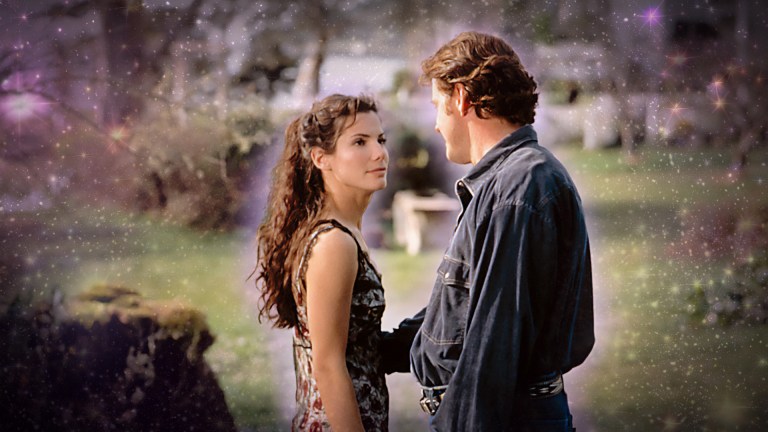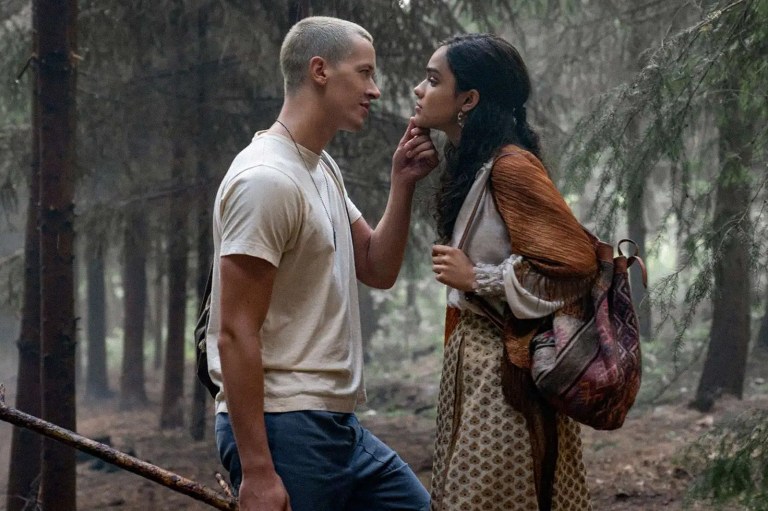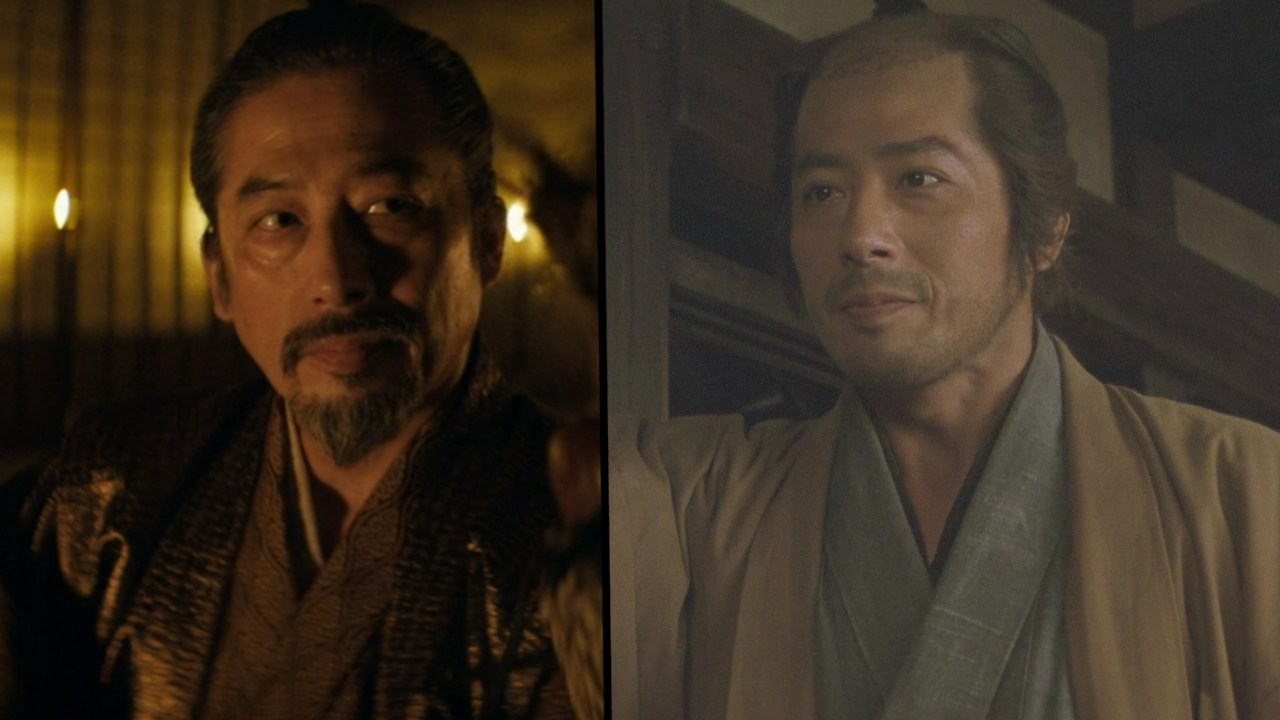
6 Best Samurai Movies For Fans of ‘Shogun’ To Watch While Waiting For Season 2
Intense drama and thrilling battles await viewers who became hooked on samurai stories through Shogun.
By ![]() Chris Catt
Chris Catt
Shogun was one of the most exciting shows of 2024, a claim bolstered by the fact that it has already won the Golden Globe and the Primetime Emmy Award for Best Drama Series.
A second season is currently in development, but while we anxiously await an announcement of a release date for season 2, we all need something else to watch. So, collected here is a small sample of some of the best samurai films ever made, specifically curated for fans of Shogun who are looking for a similar degree of drama, political intrigue, and action.
The Twilight Samurai (2002)
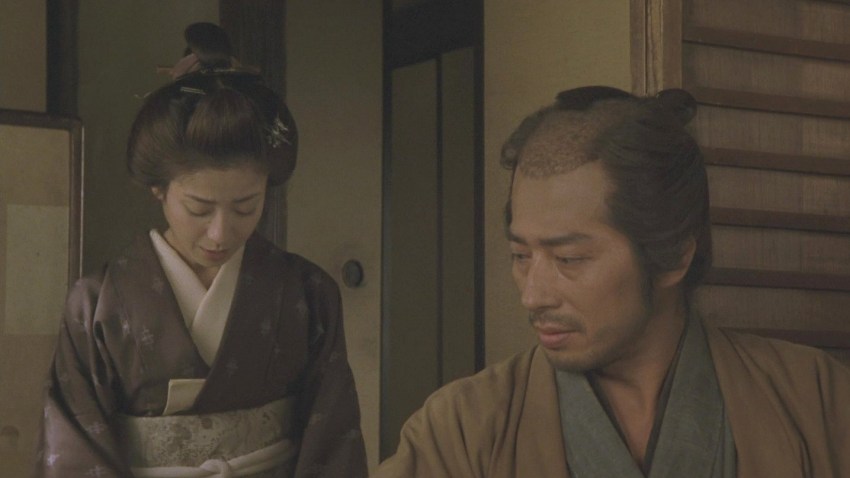
Starring Hiroyuki Sanada (Shogun‘s Lord Toranaga), The Twilight Samurai follows Seibei Igushi, a low-ranking samurai who struggles with day-to-day life as the era of his warrior class is ending. There is some action to be seen here, but it’s the beautifully orchestrated drama that makes The Twilight Samurai resonate so emotionally with audiences.
The Last Samurai (2003)
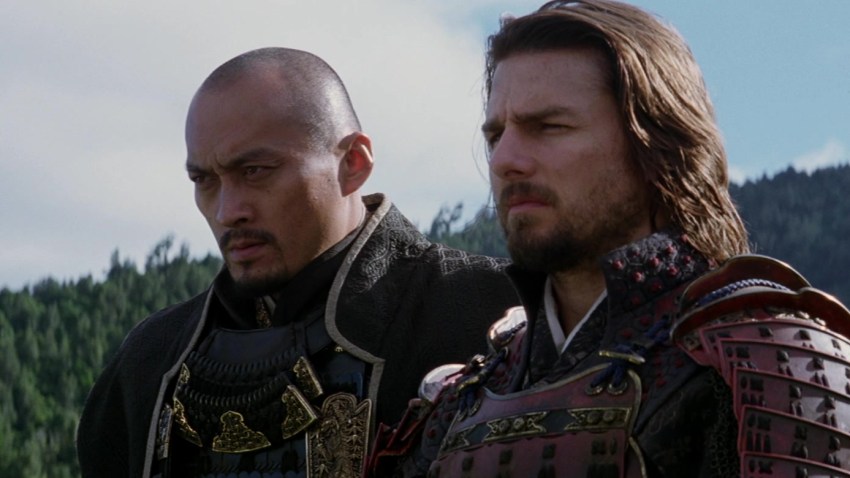
This might be a controversial pick for some, and it is the only American-made film on this list, but with its Westerner lead in Tom Cruise, The Last Samurai might be the perfect movie for fans of Shogun who are just beginning their journey into samurai films. Sure, it’s a very Westernized and romanticized depiction of Japan during the 1870s, but the story is gripping, the action is exciting, and, according to co-star Ken Watanabe, it helped change the way the Western film industry views movies like this. “After [The Last Samurai] came out,” says Watanabe in an interview with The Guardian, “Hollywood tried to be more authentic when it came to Asian stories.”
Ran (1985)
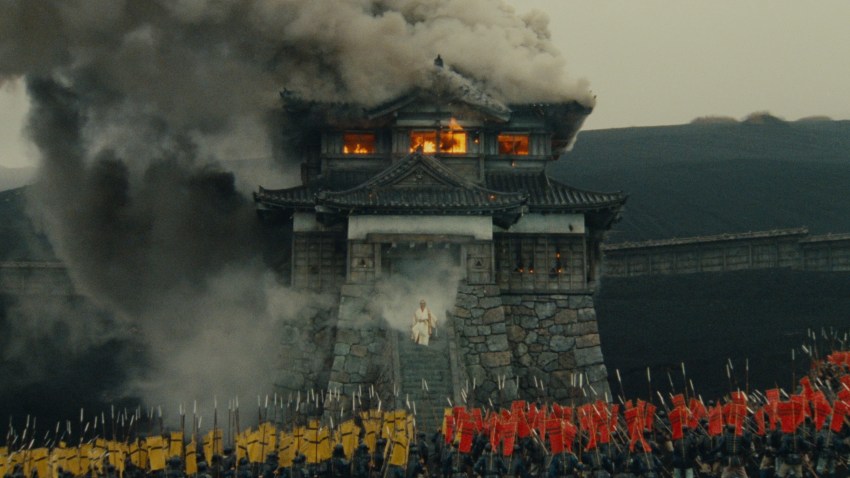
If we’re making a list of the best samurai movies, then you know Akira Kurosawa is going to be on that list. Honestly, this list could be made up of only Kurosawa films. However, to curate his filmography for fans of Shogun, the 1985 samurai epic Ran is the perfect choice. Ran features some of the best scenes of warfare ever put on film, and the story of power, loyalty, and betrayal make it absolutely timeless. If you’re going to pick just one movie on this list to watch, make it Ran.
Yojimbo (1961)
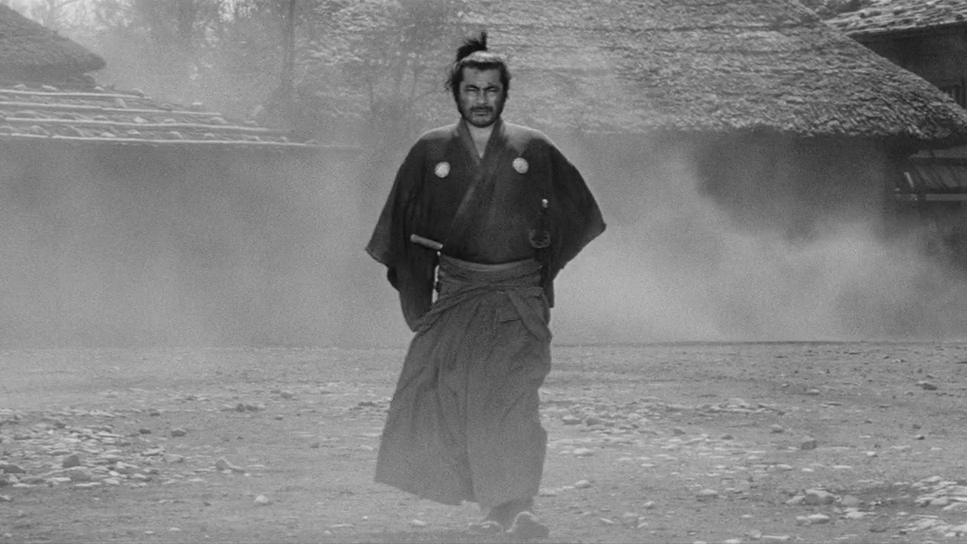
We couldn’t help but put another Kurosawa film in the list. However, Yojimbo is a very different type of samurai film. One of cinema’s greatest actors, Toshiro Mifune, stars as a nameless ronin (masterless samurai) who wanders into a town in the midst of a violent struggle between two rival gangs. Taking the made-up name of Kuwabatake Sanjuro, the skilled swordsman sets the two sides against each other while attempting to profit from the chaos. If this sounds familiar, it’s because Sergio Leone would later use Yojimbo, without permission, as the basis for A Fistful of Dollars (1964).
Taboo (1999)
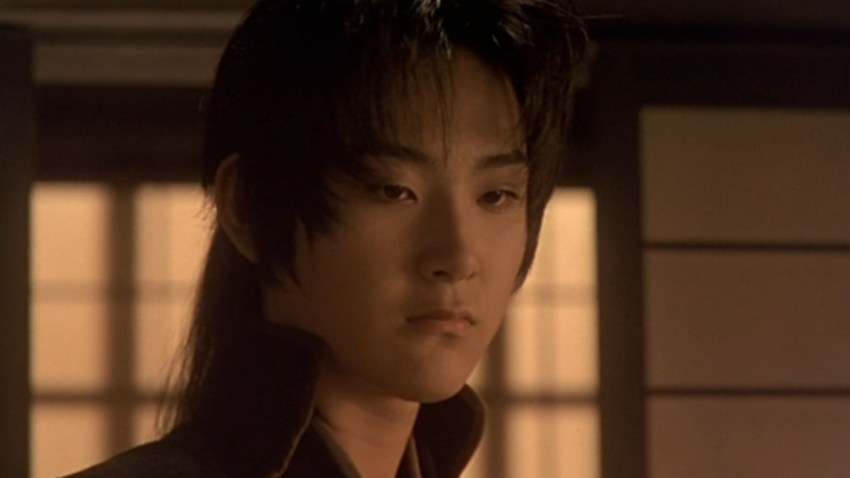
Taboo delves into a subject of samurai stories that isn’t often brought up: homosexuality. Sozeburo Kano (Ryuhei Matsuda) joins a group of swordsmen known as the Shinsengumi, but his demeanor stirs the emotions of the men surrounding him, putting Kano at the center of rising tensions. Taboo has a poetic quality to it that makes it unlike many of the more widely seen samurai films.
Hara-Kiri: Death of a Samurai (2011)
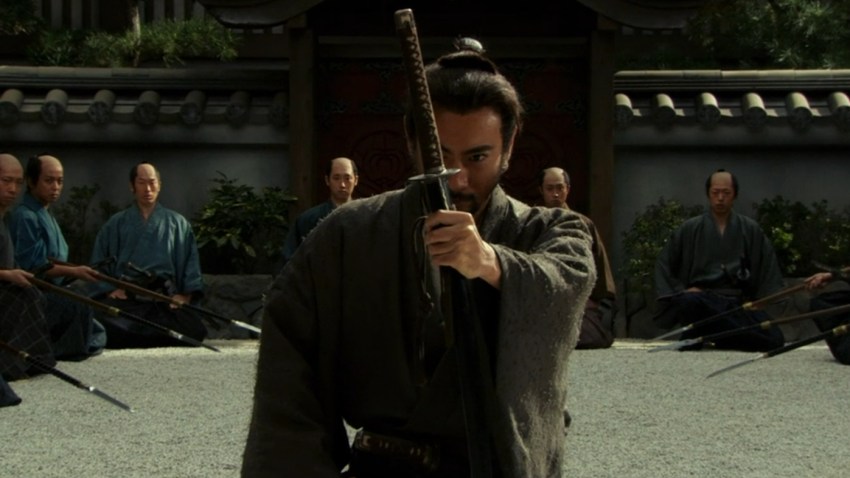
From genre-film master Takashi Miike, Hara-Kiri: Death of a Samurai tells a character-driven story of desperation, death, and revenge. The setup involves a samurai, Hanshiro Tsugumo (Ichikawa Ebizo XI), who arrives at a feudal lord’s castle and requests to end his life in the honorable act of seppuku. The lord suspects the request is a bluff meant to extract money, but the reason for Hanshiro’s presence is far more complex.
